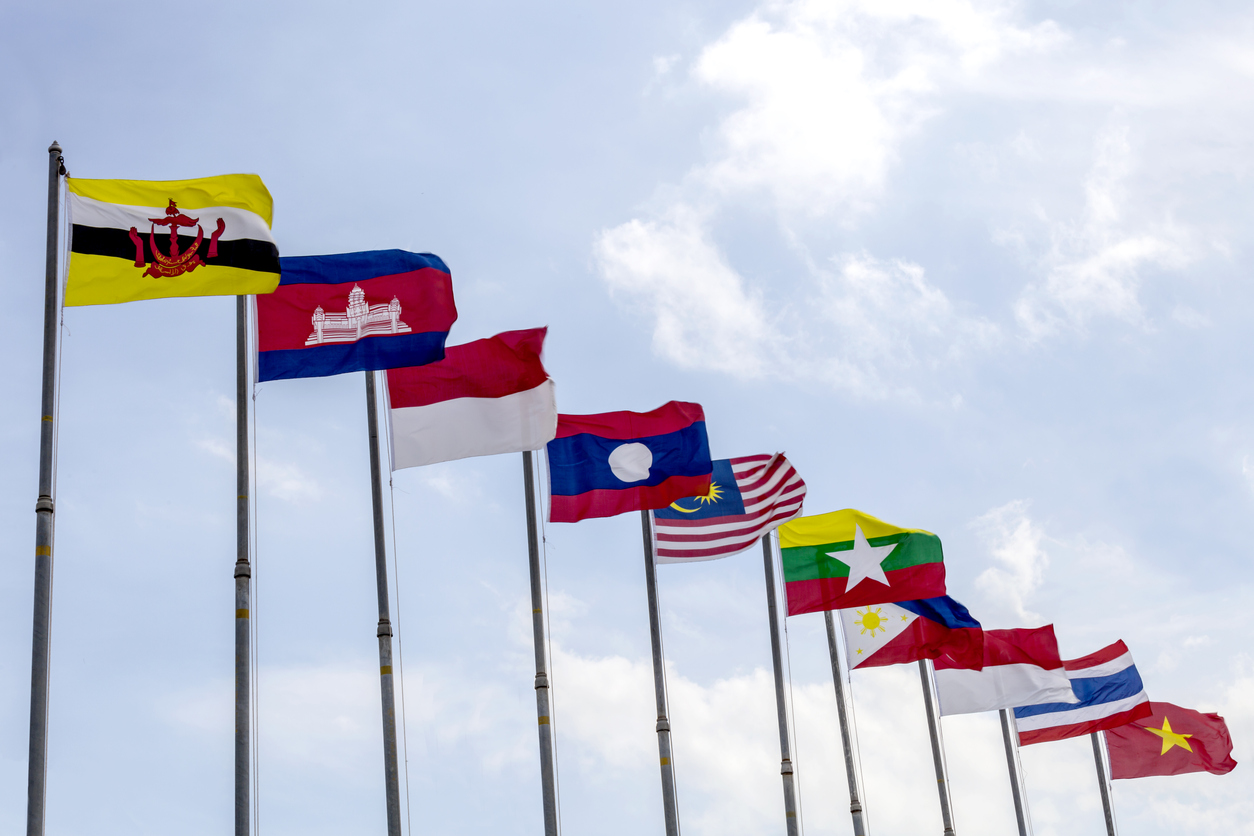Sitting in a small restaurant in bustling Bangkok, being served by a 21-year-old Cambodian waiter triggered a lot of emotions for me. The waiter came from Banteay Meanchey, a province bordering Thailand. He has been working there alongside a few friends from the same province, unaware of the potential dangers and his vulnerability of being away from home if his job stopped tomorrow. This is not a unique story as Thailand is both a key destination for migrant workers from neighbouring countries, and a country of origin for migrant workers to other countries. There are migrant workers across ASEAN-from Cambodia to Thailand, from Thailand to Malaysia, and from Malaysia to Singapore. While labour migration contributes to both the country of origin and country of destination, the lack of protection and rights for these migrant workers have been a major concern.
Earlier this month, it was good to see social protection gaining policy momentum in Southeast Asia with ASEAN members having the courage to challenge the conventional assertion that universal social protection systems are not affordable. In Phnom Penh on August 5, 2022, under Cambodia’s chairmanship, ASEAN included social protection in its Joint Communique of the 55th ASEAN Foreign Ministers’ Meeting (AMM). Now Cambodia is entrusted with the key role to lead the development of ASEAN Regional Guidance on the Role of Social Work and Service Workforce Strengthening in social protection. This illustrates Cambodia’s and ASEAN’s growing commitment to elevate social protection to new levels of multinational investment and cooperation. Potentially, it will benefit millions of people by addressing this previous under-investment and lack of coverage in the Southeast Asian bloc. This milestone marks a significant upturn in interest and commitment to social protection.
Advertisement
Among Southeast Asian member states, only Singapore, Brunei, Malaysia and Thailand are considered to have strong social protection systems. As long ago as October 9, 2013, the ASEAN Declaration on Strengthening Social Protection was adopted with commitments to build interlinked and mutually reinforcing regional political, economic and cultural communities. The ASEAN Joint Communique in 2020 again referred to these commitments, so it was disappointing that in the 2021 Joint Communique there was no mention of social protection despite the tremendous impact of Covid-19 on the livelihoods of millions of people within the region.
This was a regrettable step backward in ASEAN’s joint effort. However, now in 2022 Oxfam hopes this cooperation among the ASEAN member states will benefit millions of migrant workers and their families. It means that 2.8 million registered migrant workers in Thailand (2019), 1.98 million migrant workers in Malaysia (2019), 1.4 million migrant workers in Singapore (2019), or 6.9 million migrant workers in ASEAN bloc, will have a greater chance of accessing social protection benefits. This workforce makes an important economic contribution to both sending and host countries. In Cambodia, migrant workers sent their families a total of $3 billion in remittances in 2021 alone. In Thailand in 2020, financial remittance was reported to be $7.88 billion and the Philippines reports $34.88 billion annually.
A version of this story appears in the print edition of the September 1, 2022, issue.











